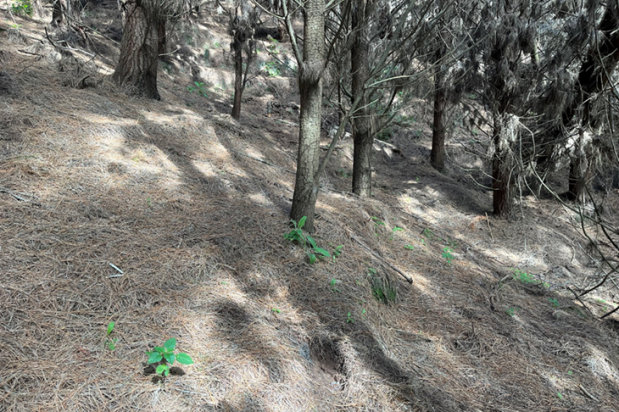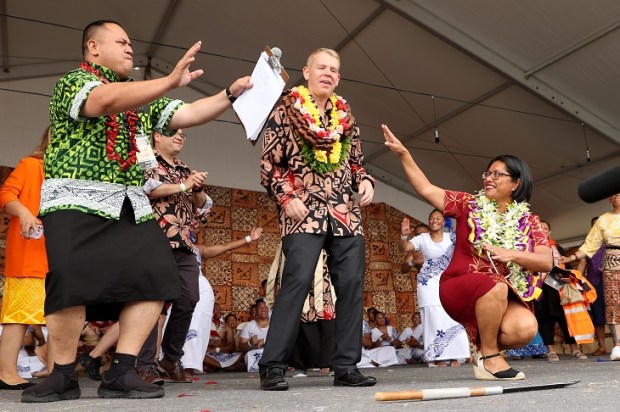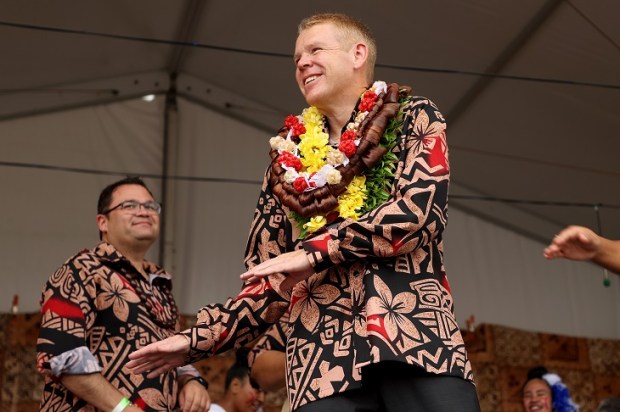Australia beware, rent-seeking is a term you may have to look up if your life path has yet to cross the discipline of political economics. It’s when a group, the rent-seekers, manipulate society’s systems to give themselves an unfair advantage with society’s assets, at little cost to themselves.
Why is New Zealand progressively introducing national legislation which promotes and condones rent-seeking based on genetic origin, aka heredity? Water services legislation with a controversial genetic bias in its governance is currently transiting the Kiwi Parliament, while legislation segregating healthcare provision based on genetic origin was passed last year.
Already a subscriber? Log in
Subscribe for just $2 a week
Try a month of The Spectator Australia absolutely free and without commitment. Not only that but – if you choose to continue – you’ll pay just $2 a week for your first year.
- Unlimited access to spectator.com.au and app
- The weekly edition on the Spectator Australia app
- Spectator podcasts and newsletters
- Full access to spectator.co.uk


























Comments
Don't miss out
Join the conversation with other Spectator Australia readers. Subscribe to leave a comment.
SUBSCRIBEAlready a subscriber? Log in